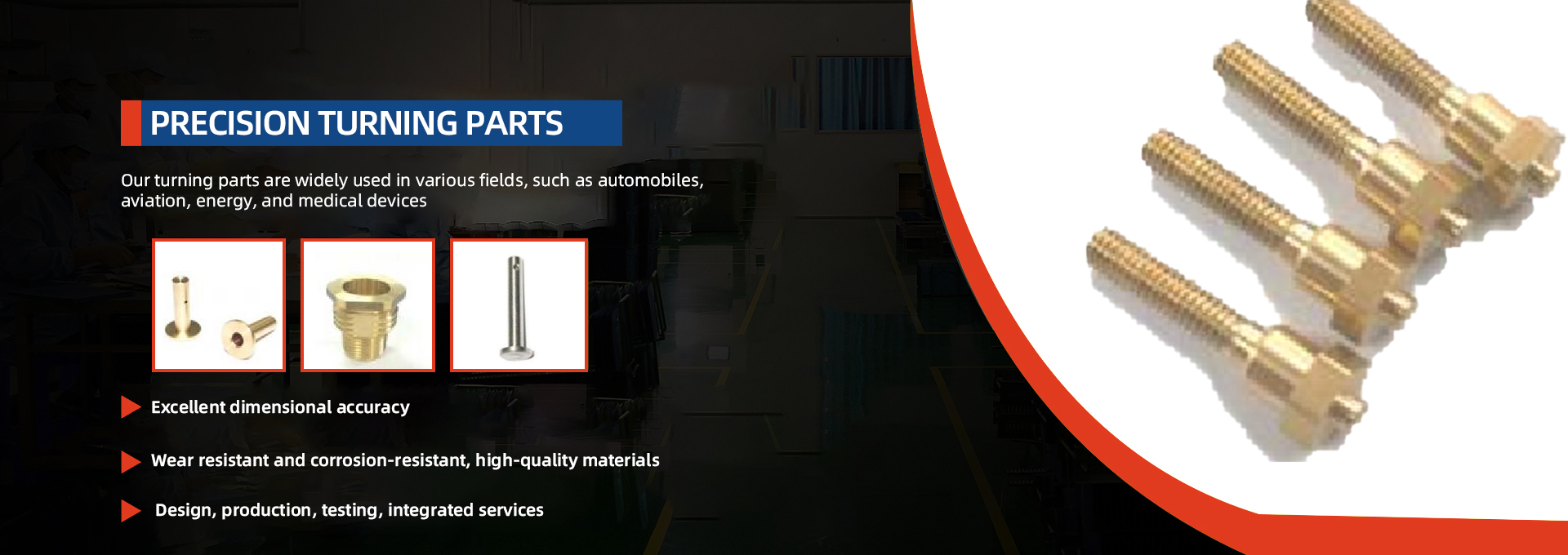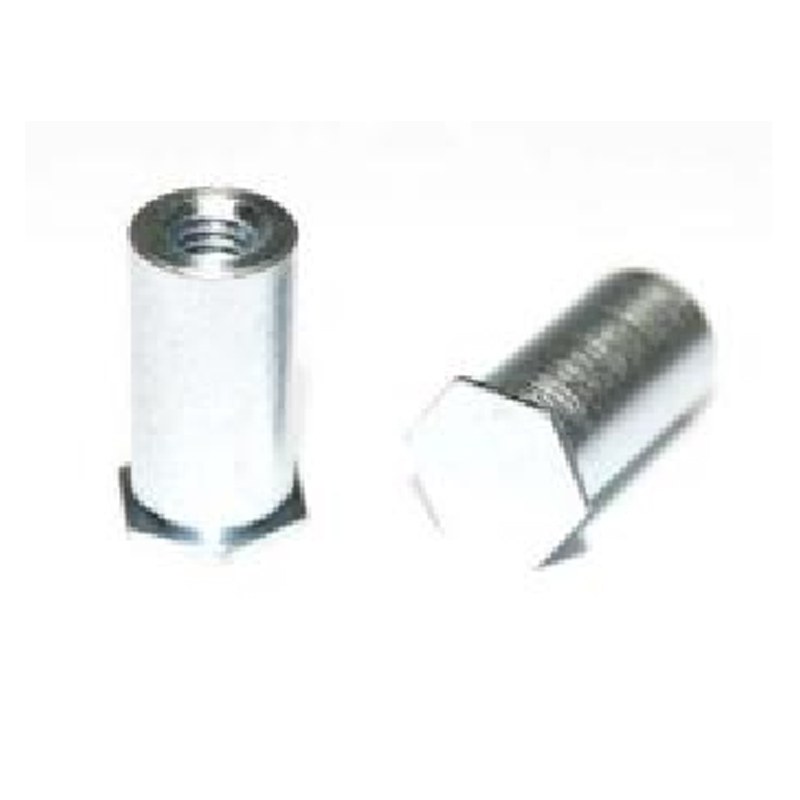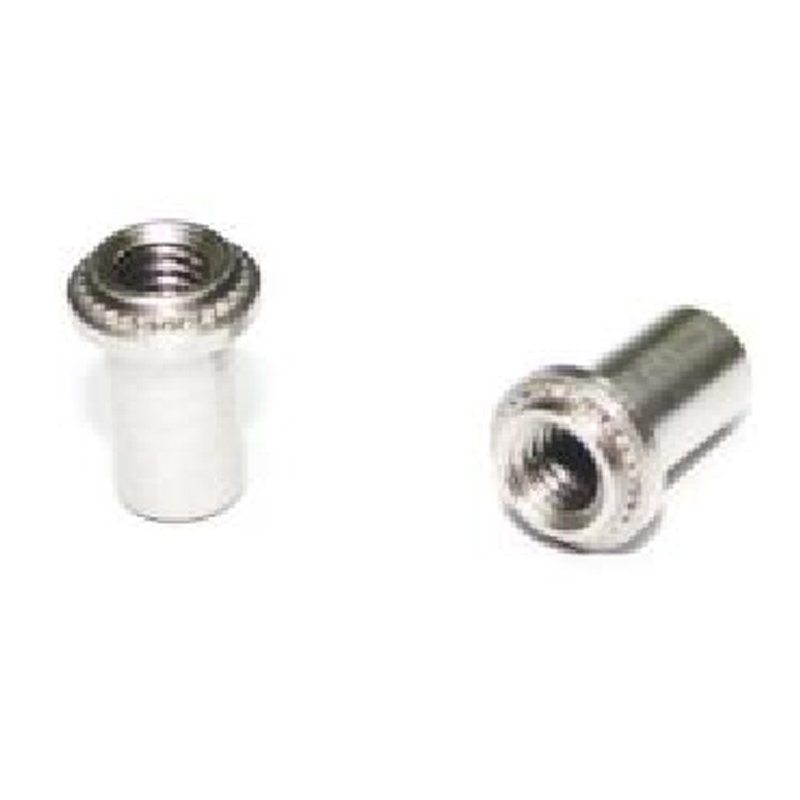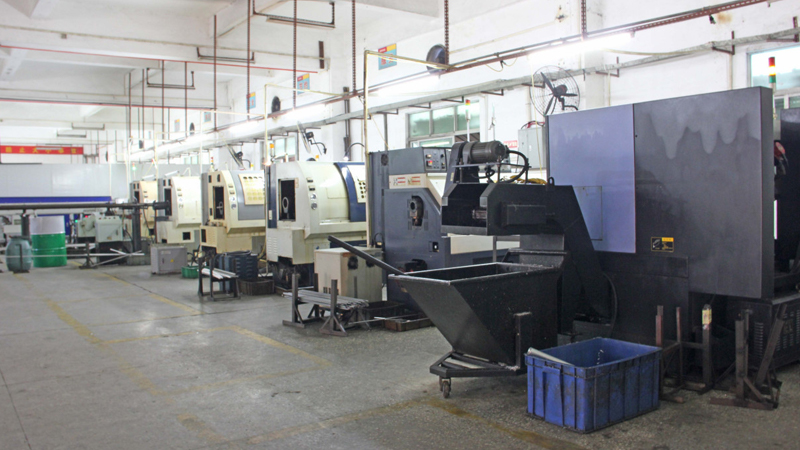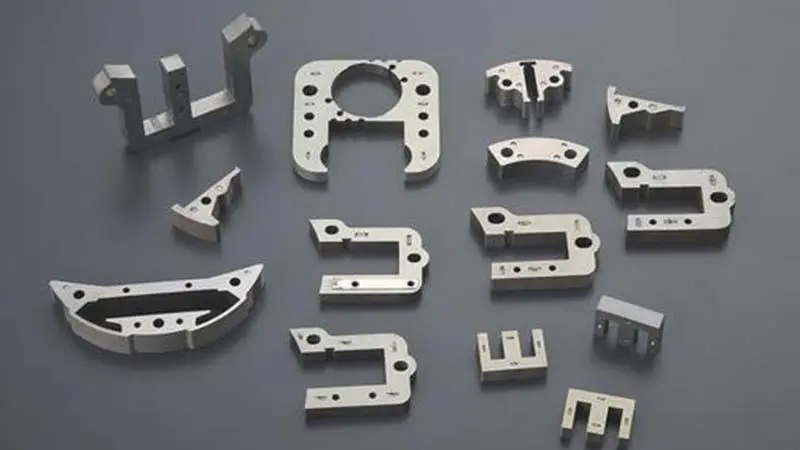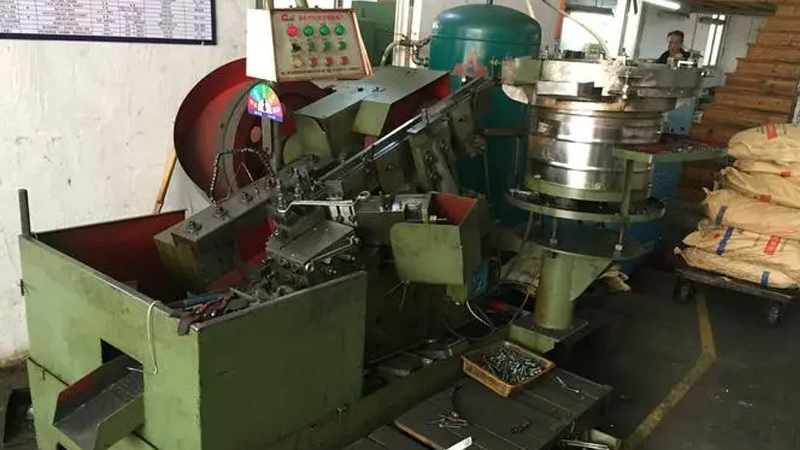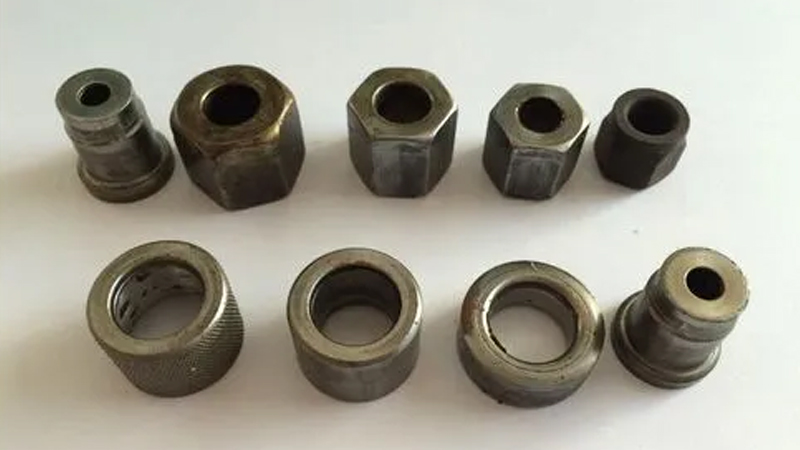The Best Products
Latest News
8 commonly used materials in precision parts machining
In precision part machining, there are many commonly used materials to choose from, and eight of them are listed below:
Stainless steel: Stainless steel has good corrosion resistance and mechanical properties, suitable for processing parts that require corrosion resistance and high strength, such as aerospace, medical equipment, and other fields.
Aluminum alloy: Aluminum alloy has low density, good thermal conductivity, and processability, and is widely used in fields such as automobiles, electronic equipment, and aerospace.
Titanium alloy: Titanium alloy has excellent strength, corrosion resistance, and low density, and is suitable for fields such as aerospace, medical equipment, and high-end sports equipment.
Brass: Brass has good thermal conductivity and processability, and is commonly used in the manufacturing of electrical connectors, pipes, and instrument parts.
Steel: Steel has high strength and wear resistance, suitable for parts that need to withstand high loads and high temperature environments, such as automotive engine components and industrial machinery.
Pure copper: Pure copper has good conductivity and thermal conductivity, and is widely used in fields such as electronic devices, cables, and pipelines.
Plastic: Plastic has lightweight, corrosion resistance, and insulation properties, making it suitable for manufacturing electronic casings, plastic parts, and engineering components.
Alloy steel: Alloy steel has high strength, hardness, and wear resistance, making it suitable for parts that need to withstand high temperatures and pressures, such as aviation engine components and automotive transmission systems.
These materials have different characteristics and application fields, and suitable materials are selected for precision part processing according to specific needs and requirements.


